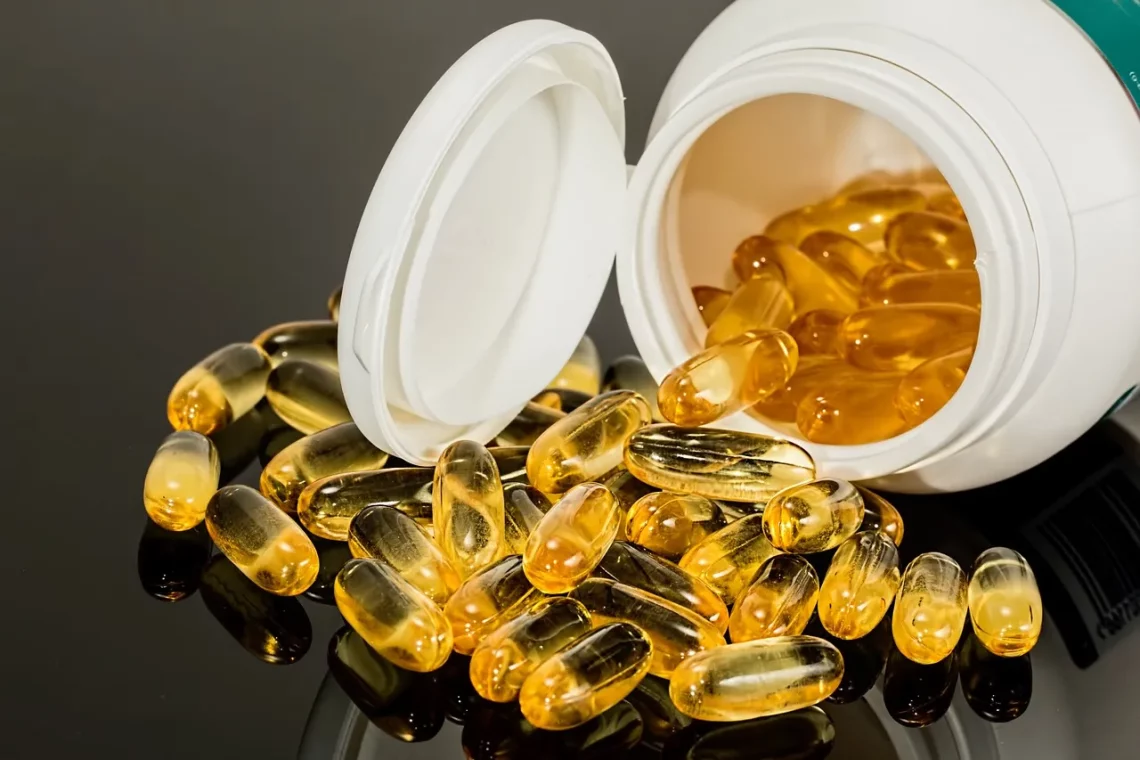
Essential Oils for Poison Ivy Relief: Nature’s Soothing Solutions
Poison ivy is a common plant that can cause significant discomfort and irritation for those who come into contact with it. Its oil, urushiol, is responsible for the allergic reactions that many people experience, leading to red, itchy rashes, swelling, and blisters. While conventional treatments often involve topical corticosteroids or antihistamines, many individuals are turning to natural remedies in search of relief. Essential oils, derived from various plants, have gained popularity for their potential soothing properties. These concentrated plant extracts not only offer aromatic benefits but may also provide anti-inflammatory, antihistamine, and antiseptic effects that can help alleviate the discomfort associated with poison ivy.
The use of essential oils for skin irritations is rooted in traditional practices and has been supported by modern research. With a wide array of oils available, each with unique properties, it’s essential to understand which ones can be beneficial for treating the aftermath of poison ivy exposure. As the world becomes increasingly aware of holistic and natural approaches to health, essential oils are emerging as a valuable ally in managing skin irritations. This article explores various essential oils that can provide relief from poison ivy symptoms, offering a natural alternative to conventional treatments.
Understanding Poison Ivy and Its Effects
Before diving into the realm of essential oils, it is crucial to understand what poison ivy is and how it affects the skin. Poison ivy (Toxicodendron radicans) is a perennial plant found throughout North America, characterized by its three-leaf clusters. The plant contains urushiol, an oily resin that triggers allergic reactions upon contact with the skin. For many, the result is an itchy, blistering rash that can take weeks to heal.
When urushiol comes into contact with the skin, it binds to the skin proteins, leading to an immune response. This response manifests as inflammation, redness, and itching. The severity of the reaction can vary significantly among individuals; some may experience only mild irritation, while others may develop severe rashes requiring medical intervention.
Understanding how to identify and avoid poison ivy is essential for prevention. Recognizing the plant can help individuals steer clear of it in outdoor settings. However, even with caution, accidental contact can occur, particularly during activities like hiking, gardening, or camping.
Once exposed, the immediate response involves washing the affected area with soap and water to remove any residual urushiol. However, for many, the aftermath of exposure can lead to prolonged discomfort. This is where essential oils come into play, offering a natural approach to soothe and heal the skin.
The Benefits of Essential Oils for Skin Irritation
Essential oils are concentrated plant extracts that capture the natural fragrance and beneficial properties of their source. Many essential oils possess anti-inflammatory, antiseptic, and soothing qualities, making them ideal candidates for addressing skin irritations like those caused by poison ivy.
One of the primary benefits of essential oils is their anti-inflammatory properties. Oils such as lavender and chamomile have been shown to reduce inflammation and promote healing. When applied to the skin, these oils can help calm the itchiness and redness associated with poison ivy rashes.
Another significant advantage of essential oils is their potential to alleviate itching. Oils like tea tree and peppermint may provide a cooling sensation that helps distract from the discomfort. Additionally, their antiseptic properties can aid in preventing any secondary infections that might occur if the skin is broken due to scratching.
Furthermore, essential oils can enhance the skin’s healing process. They can promote cell regeneration and improve circulation, contributing to faster recovery. For instance, frankincense oil has been praised for its ability to support skin health and healing.
When using essential oils for skin irritation, it is essential to dilute them with a carrier oil, such as coconut or jojoba oil. Undiluted essential oils can cause skin irritation or allergic reactions, especially on sensitive skin. Proper dilution allows for safe application while still enjoying the therapeutic benefits.
Top Essential Oils for Poison Ivy Relief
Several essential oils are particularly effective for alleviating the discomfort associated with poison ivy. Here are some of the top choices that can provide relief:
1. **Lavender Oil**: Known for its calming properties, lavender oil is an excellent choice for soothing irritated skin. Its anti-inflammatory and antiseptic qualities help reduce redness and promote healing. Lavender oil can also help reduce anxiety and stress, providing a holistic approach to comfort.
2. **Tea Tree Oil**: With its powerful antiseptic and anti-inflammatory properties, tea tree oil is effective in treating skin irritations. It can help prevent infections and reduce inflammation, making it an ideal option for poison ivy rashes. Always dilute tea tree oil before applying it to the skin.
3. **Peppermint Oil**: The cooling sensation of peppermint oil can provide immediate relief from itching. Its soothing properties can help calm inflammation and irritation, making it a go-to option for poison ivy exposure. Like other essential oils, it should be mixed with a carrier oil for safe application.
4. **Frankincense Oil**: Renowned for its skin-healing properties, frankincense oil can help promote cell regeneration and improve skin texture. It may aid in reducing the appearance of scars left behind by poison ivy rashes.
5. **Chamomile Oil**: This oil is well-known for its soothing and calming effects. Chamomile oil can help reduce inflammation and promote relaxation, making it an excellent choice for alleviating the discomfort associated with poison ivy.
To use these essential oils effectively, mix a few drops with a carrier oil and apply the blend to the affected area. Always perform a patch test first to ensure there is no adverse reaction.
How to Safely Use Essential Oils for Relief
When using essential oils for poison ivy relief, safety should always be a priority. Here are some essential tips for safe and effective use:
1. **Dilution is Key**: Always dilute essential oils with a carrier oil before applying them to the skin. A common ratio is one part essential oil to three parts carrier oil. This helps to minimize the risk of skin irritation.
2. **Conduct a Patch Test**: Before using a new essential oil, perform a patch test on a small area of skin. This will help determine if you have any sensitivities or allergic reactions to the oil.
3. **Avoid Sun Exposure**: Some essential oils, such as citrus oils, can make your skin more sensitive to sunlight. Avoid direct sun exposure on areas where you’ve applied essential oils to prevent sunburn or irritation.
4. **Store Oils Properly**: Essential oils should be stored in a cool, dark place to maintain their potency. Always keep them in tightly sealed bottles to prevent oxidation.
5. **Consult a Professional**: If you have any existing skin conditions, allergies, or are pregnant or nursing, consult with a healthcare professional before using essential oils.
While essential oils can be a beneficial addition to your natural remedy toolkit for poison ivy relief, they should not replace professional medical advice. If you experience severe symptoms, such as difficulty breathing, swelling, or a rash covering a large area of your body, seek medical attention promptly.
In conclusion, essential oils offer a natural and holistic approach to managing the discomfort associated with poison ivy exposure. With their numerous beneficial properties, these plant extracts can provide soothing relief and support the skin’s healing process. Always remember to use essential oils safely and consult a healthcare provider if needed.
**Disclaimer**: This article is for informational purposes only and does not constitute medical advice. Always consult a healthcare professional for health concerns or conditions.




